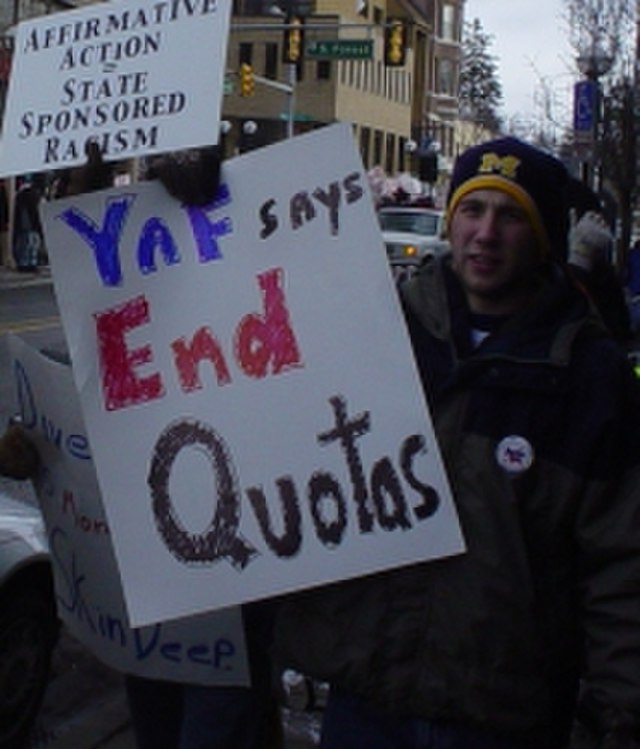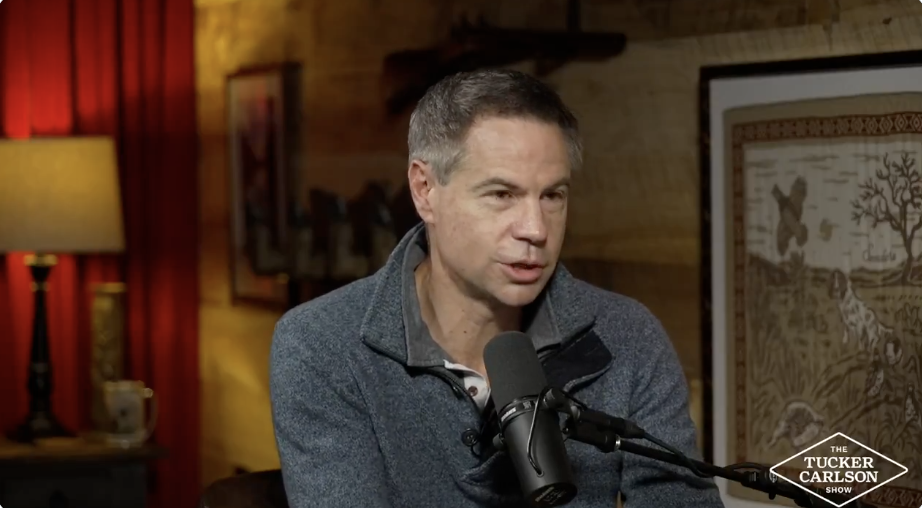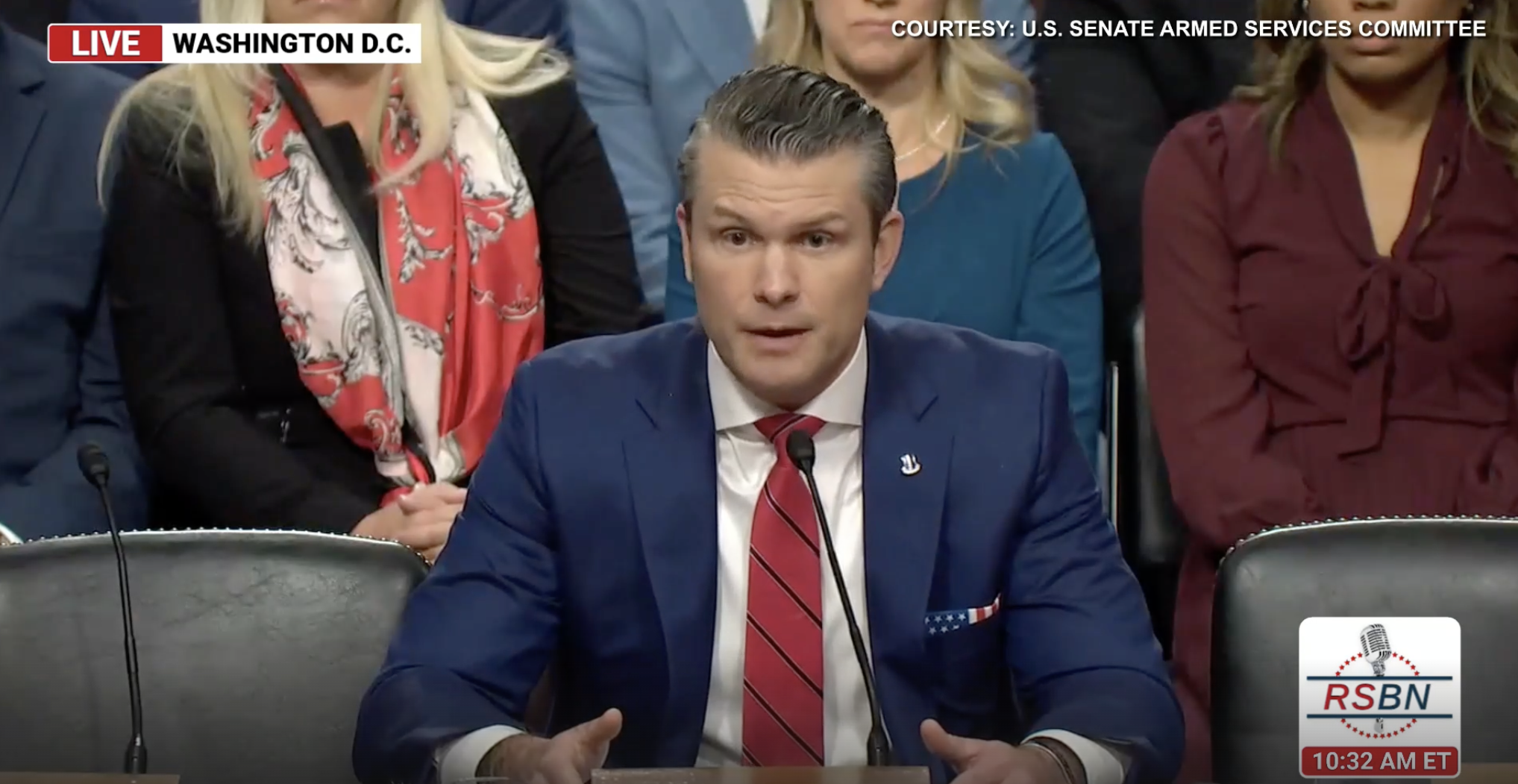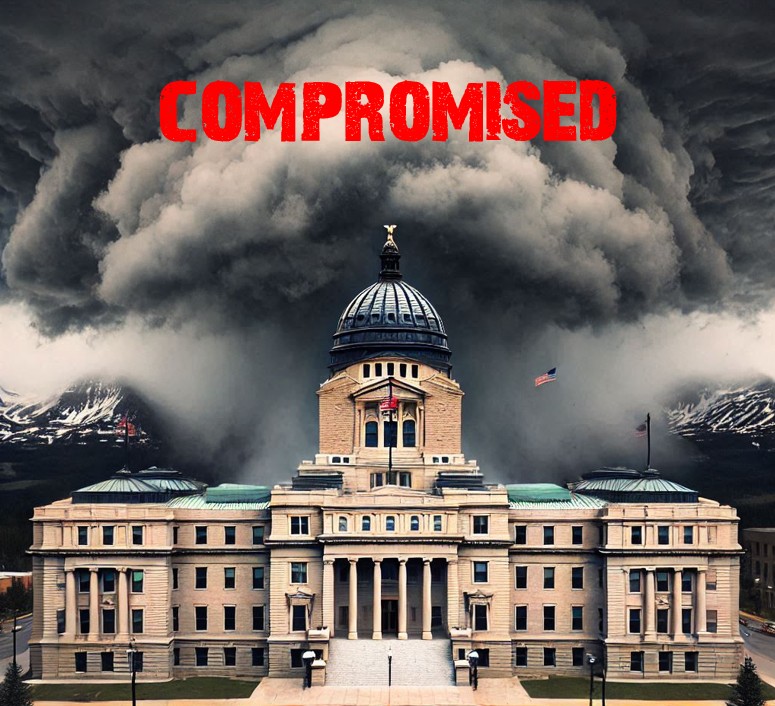
Please Follow us on Gab, Minds, Telegram, Rumble, Gab TV, GETTR, Truth Social, Twitter
The U.S. Supreme Court on Thursday ruled on several cases addressing affirmative action, religious freedom and trademarks.
The court was asked whether affirmative action can be valued during public and private universities' admissions processes, In their majority decision, the court ruled against using affirmative action during the admission processes.
The ruling originated from two case filed by the Students for Fair Admissions (SFA) addressing affirmative action against Harvard and University of North Carolina (UNC).
SFA argued that the UNC violated the 14th Amendment's equal protection clause by using race as a consideration in admissions when it is not needed to achieve diversity in its student body.
SFA argued that Harvard violated the Civil Rights Act by discriminating against Asian Americans, who are less likely to be admitted than white, black or Hispanic applicants with similar qualifications.
Chief Justice John Roberts wrote the 237-pages single majority opinion for both affirmative action cases.
"Many universities ... have concluded, wrongly, that the touchstone of an individual’s identity is not challenges bested, skills built, or lessons learned but the color of their skin. Our constitutional history does not tolerate that choice," Roberts wrote.
Justice Clarence Thomas wrote in his concurring opinion that affirmative action "policies fly in the face of our colorblind Constitution and our Nation’s equality ideal."
Justices Elana Kagan, Sonia Sotomayor and Ketanji Jackson, the court's liberal members, dissented from the majority in favor of affirmative action.
Although Jackson's name was written on the dissent, the court noted that she only weighed in on the University of North Carolina case, not the Harvard one.
Justice Ketanji Brown Jackson recused herself from weighing in on the Harvard decision because she had served on a Harvard board.
‘NO AD’ subscription for CDM! Sign up here and support real investigative journalism and help save the republic!‘
"Ending racial preferences in college admissions is an outcome that the vast majority of all races and ethnicities will celebrate. A university doesn’t have real diversity when it simply assembles students who look different but come from similar backgrounds and act, talk, and think alike,” stated Edward Blum, Founder and President of Students for Fair Admissions.
The Supreme Court also issued a decision in favor of religious freedom in a case filed by Gerald Groff, a former post office employee who is a Christian who refused to deliver packages on Sunday.
Under the court's 1977 ruling regarding religious accommodations, an employer needed to show accommodating religious needs would be an "undue hardship" on the company.
In the decision, the court held that the law "requires an employer that denies a religious accommodation to show that the burden of granting an accommodation would result in substantial increased costs in relation to the conduct of its particular business."
The court also issued a decision on whether a U.S. trademark law applies to infringements that occur outside of the United States. The justices held that the law only applies domestically.
























